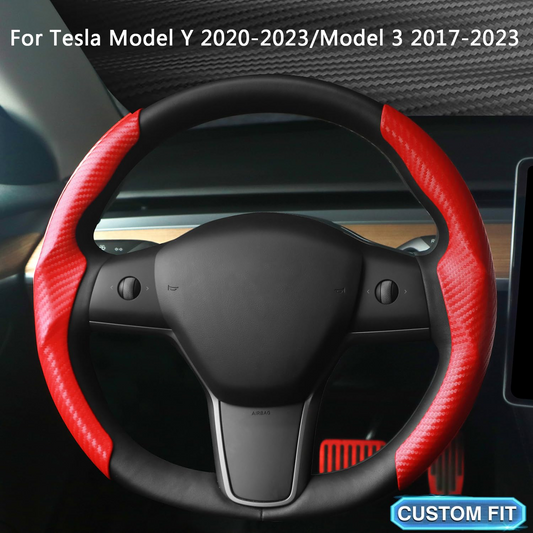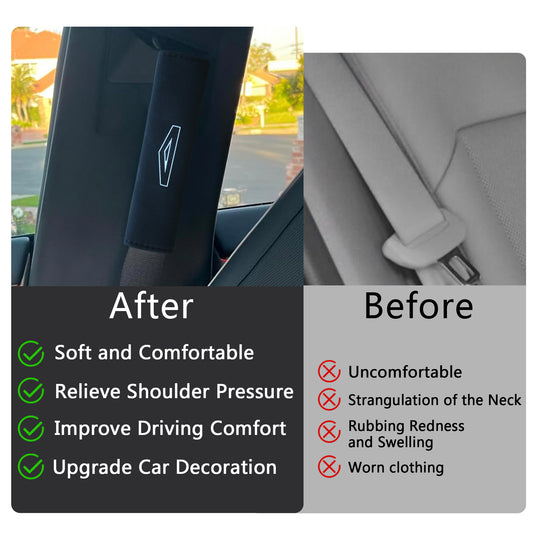Tesla has initiated a widespread software update following the recall of over 2 million vehicles by regulators due to concerns about Autopilot defects. This move comes as a response to the National Highway Traffic Safety Administration's (NHTSA) directive to address safety issues in Tesla's Autopilot advanced driver-assistance system.
The recall, one of the largest in Tesla's history, was prompted by worries that the Autopilot software controls might not be adequate to prevent driver misuse, potentially increasing the risk of accidents. Tesla's software update aims to enhance the safeguards in the Autopilot system, ensuring drivers remain attentive during its operation.
The NHTSA's investigation, spanning over two years, found instances of insufficient driver engagement with Autopilot, leading to concerns about the system's safety. Tesla, in response to the NHTSA's findings, is deploying an over-the-air software update. The update introduces additional controls and alerts to encourage drivers to fulfill their responsibility to remain vigilant when Autosteer is engaged.
The recall covers a broad range of Tesla models, including the Model S, X, 3, and Y, affecting around 2 million vehicles in the United States since 2012. While Tesla disagrees with the NHTSA's analysis, it acknowledges the need for proactive measures to enhance safety features.
U.S. Senators Ed Markey and Richard Blumenthal have commended the recall, emphasizing its necessity for improving the safety of Tesla vehicles. They urge the NHTSA to continue monitoring investigations and underscore Tesla's responsibility to prioritize public safety.
This software update follows previous instances where Tesla faced scrutiny and recalls related to Autopilot features. The company's commitment to addressing safety concerns through technological improvements reflects the ongoing challenges and responsibilities associated with the development and deployment of advanced driver-assistance systems.

















